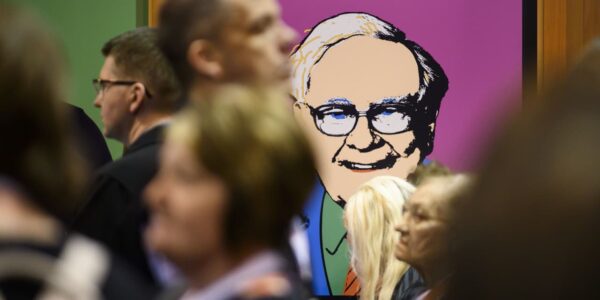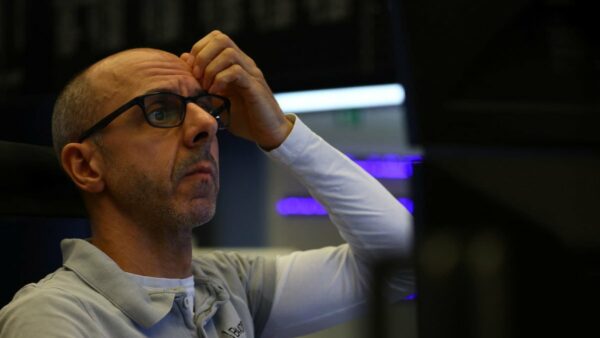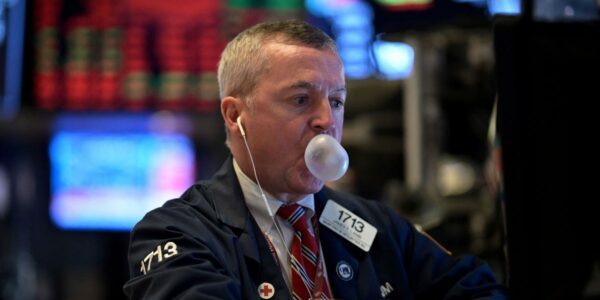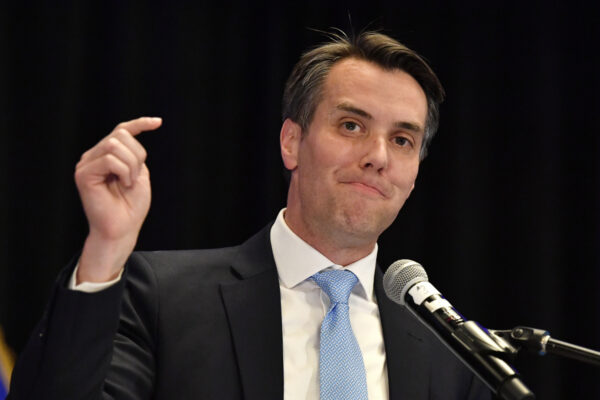Jeremy Siegel says markets ‘looking forward’ to a second Trump boost
Wharton School finance professor Jeremy Siegel said markets are already anticipating a second Trump bump after the attempted assassination of the former president on Saturday raised the odds he will win the November election. “The market, I mean, will prefer [Donald] Trump. He’s more free market, he’s antiregulatory, for growth,” Siegel told CNBC’s “Squawk Box” on Monday. “In the short run, I mean, as you all know, not only is it the question of are we going to let free markets and the entrepreneurial spirit of the economy bubble up as it did, I think during the first Trump term,” Siegel continued. “I think that’s what the market is looking forward to now. Will there be a second time where those entrepreneurial spirits could rise and boost the stock market?” Siegel made his comments after the assassination on Trump raised the likelihood the Republican will win the presidency for a second time. PredictIt , a widely followed predictions market, showed the chance of a Trump victory rose to 66% on Monday, up from 60% on Friday. Stocks initially performed well after Trump was elected in 2016. In 2017, the first year after Trump took office, the S & P 500 rallied more than 19% on hopes the controversial leader would lower corporate tax rates and boost companies’ profits. The following year, however, the broader index fell more than 6% on fears of a slowing economy, tighter monetary policy and a growing trade war between the U.S. and China. Siegel said Trump’s proposed 10% tariff increase would concern investors, but said he thinks it is likely markets could shrug it off as a concern. “They’re not thrilled about the tariffs,” Siegel said of Wall Street. “But the truth of the matter is that Trump likes to wield the tariffs as a threat to negotiate better positions” on bilateral trade, and whether or not an across-the-board 10% levy is implemented on all imports is questionable, he said. Even if higher tariffs are imposed, “there’s a lot of things that, you know, certainly could offset that.”
This article was originally published by a www.cnbc.com
Read it HERE







